This blog follows my experiences starting a drone business. Parts 1 & 2 will walk you through the first 8 things I did to start my business. I’ll list the activities, how long each step took, how much it cost, and how difficult it was.
To start your drone business you will need to get a license to fly, register your business with IRS, and build a solid business plan. Your drone is the biggest start-up cost, so choose carefully.
It just takes a bit of work, but drones are a great opportunity. Let’s get started. You can find Part-2 of the blog here, “How To Start A Drone Business (Part 2)”
How Did I Start a Drone Business?
Drones, also called unmanned aerial vehicles (UAVs) are becoming increasingly affordable and easy to use, making them a popular choice for a wide range of applications. The drone market is expected to grow rapidly in the next few years. With the drone business taking off, there are sure to be plenty of opportunities to start your own business.
If you plan to start a business, then this should give you some sense of what to expect. If you have a successful drone business then maybe you’ll want to offer some advice. Some of this stuff is general to any business but a lot of it is specific to starting your drone business. Here we go.
BACKGROUND RESEARCH
Time: 1 Month
Difficulty: Easy but takes time
Cost: Free
Fulls disclosure – as of Jan-2021, I had never flown a drone. Never had any desire to fly a drone and had no insight into drone technology. So I had a pretty big learning curve.

The first thing I did was figure out if a drone business was something I wanted to do. I watched a LOT of YouTube videos and read online articles. I had to understand
- what a drone business would look like. What industries use drones? How are they used in each industry?
- What type of products would I create and exactly what would it take to create those products?
In additon, I researched the different types of drones and how much they cost.
Most importantly I needed to know how much MONEY I could make. Let’s be honest, I wasn’t looking for a new hobby, I wanted to generate some revenue (and have some fun).
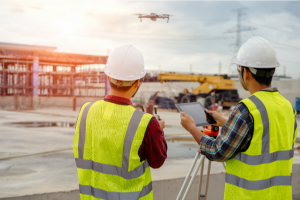
There are plenty of great applications for drone services in a number of different industries. I decided to focus on photography, mapping, and inspection. After the basic research, I was pretty certain starting a drone business was a good idea with a strong future. Step 1 was DONE.
For details on how we chose our services, see the article “3 Awesome Ideas For Your Drone Business“
REGISTER THE BUSINESS
Time: Less Than 48 hours
Difficulty: Easy
Cost: $150
Next, I had to register my new drone business. I live in Virginia, so first I registered with the state business commission. Whichever state you register the process will be similar – most likely it’s an online process.
- Enter some personal information
- Pick a business name (they check to make sure it’s not being used),
- Pick business structure (I did limited liability company-LLC)
- Pay $100. Registration fee (may be different in your state)
The business commission generated 2 documents: (1) Articles of Organization and (2) Business Certification. These are important business documents, so save the soft copies.
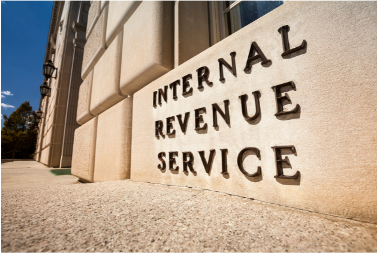
Next, I registered my business with the IRS (it’s Free). I provided the state certification documents and gave me a letter with your federal tax ID number, also called employee identification number (EIN). You’ll need this letter for all of your financial stuff.
Next, I opened a bank account for the business. It’s essential to keep personal and business money separated when it comes time to pay taxes. I had to show the state certification and federal tax ID documents, then deposit $50 to open the account. That’s it, step 2 was done.
That’s it, you’re done with step 2.
GET CERTIFIED
Time: Took Me About 1-Month
Difficulty: Moderate
Cost: $175 (test)+ $12.99 (prep course)
When I was doing background research I learned that I’d need an FAA Part-107 drone pilot license if planned to make money (which I did) flying commercial drones. There are specific FAA drone rules that you’ll need to know.
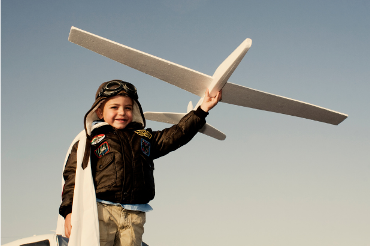
If you only plan to fly for fun then you do not need a license, BUT beware the FAA has a very liberal definition of “money” as pretty much anything of value.
If you take some drone pictures for your local doughnut shop and they give you a box of donuts in appreciation, as far FAA is concerned you’re a commercial drone pilot. It’s not hard to get a license and the stuff I learned was kind of cool (even if most of it’s unnecessary to fly drones).
Here’s what I did
- Registered to schedule my test with https://iacra.faa.gov/IACRA/Default.aspx.
- Took a preparation course on Udemy for $12.99 (I’ve seen some companies that charge up to $150 for a prep course!). The material wasn’t too difficult but I did need the course since I wasn’t a pilot.
- Spent 2-weeks on the course (evenings/weekends), 1-week review, then a week waiting for my test date. The FAA test was $175.
- Passed the test and got a temporary license. It took several months to get the permanent license. It’s pretty cool to have an FAA pilot’s license (even if it is only for drones).
That’s it, I was now a Part-107 certified drone pilot. As of 2021, there are roughly 250,000 commercial drone pilots in the US. For more details on this subject see our article “How to Get Your Drone License: A Complete Guide“
CREATE A BUSINESS PLAN
Time: Took Me About 1-Month
Difficulty: Difficult
Cost: Free
If you’re thinking about starting a drone business, the first thing you’ll need is a solid business plan. This document will outline your drone services, strategies, marketing, and financial projections. It’s essential to have a clear and well-thought-out business plan before starting a drone business, as this will give you the best chance for success.
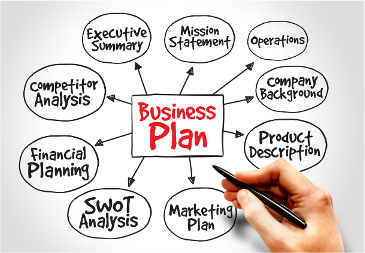
Here are some key points to include in your business plan:
– Business goals and objectives
– A description of your Drone products or services
– The drone market
– Marketing and sales strategies
– Pricing strategy
– Financial projections, including income statement, balance sheet, and cash flow statement
If you take the time to create a comprehensive and well-crafted business plan for your drone business, you’ll be on your way to achieving your business goals.
Creating a good business plan was the least enjoyable part of the process, but also the most important and educational. I’d done enough research to know the drone business was a good idea and that there were plenty of profitable drone business opportunities.
It’s tempting to just pick a couple of services, buy a drone and start looking for customers. However, if you’re serious about having a successful business, then a solid business plan is a MUST.
Take my advice – GET HELP. There are plenty of free resources to help small businesses. The Small Business Association is awesome, they have a division called SCORE that matches you with successful retired business owners that will mentor you.
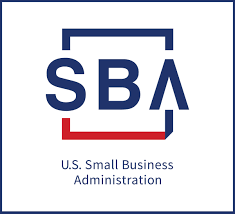
Inf you’re interested in government contracts then check out PTAC (Procurement Tech Assist Center). Also find your state SBDC (Small Business Development Corp) for more resources. They gave me a great business plan template and provided several 1-on-1 sessions to help me build the plan.
Creating the plan was tough. It took time and a lot of work, but when I was done I had answers to a number of critical questions:
- What drone business opportunities should I pursue?
- What are my target industries/markets? Who are my customers?
- What are my customer’s problems/priorities?
- What is the market forecast for my services?
- How will I reach my customers?
- Why should the customer hire me vs someone else?
- What special skills do I bring?
- How much should I charge?
- How much money will I make?
FYI, I have noticed a lot of new drone businesses starting up in my area. While that means more competition, it also suggests that the drone market is strong.
Once you can answer all of these questions then you’re ready for the fun part.
BUY HARDWARE (DRONES!)
Cost: $5000
Difficulty: Takes Work (but fun)
Time: 2 weeks (not including delivery time)
Drone technology has revolutionized the business landscape, and professional drones are now being used for a variety of purposes, from aerial photography to delivery services. During all the research for the business plan, I spent a lot of time thinking about which drone(s) I would buy.
The “right” drone is defined by the service(s) you provide. For example, if you plan to focus on real estate photos/videos then you don’t need a Phantom 4 Pro with RTK.
My services include (1) photo/video, (2) mapping/survey, and (3) inspection which requires some decent hardware (and software). Check out my blog that discusses how and why I chose these 3 services.
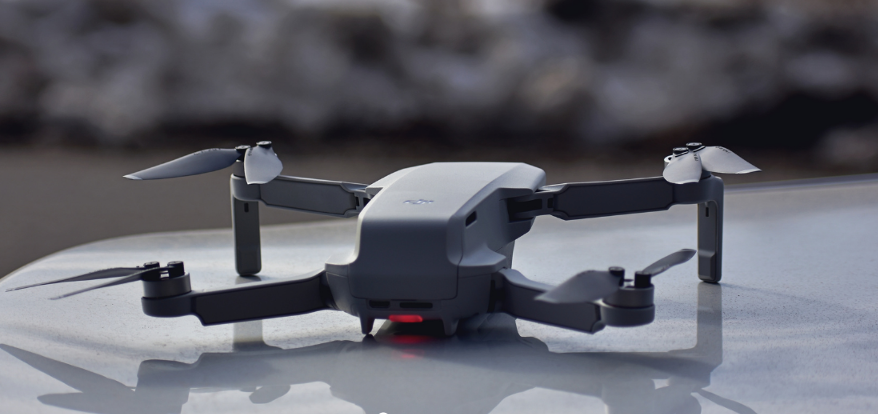

My first purchase was the
So I also purchased the
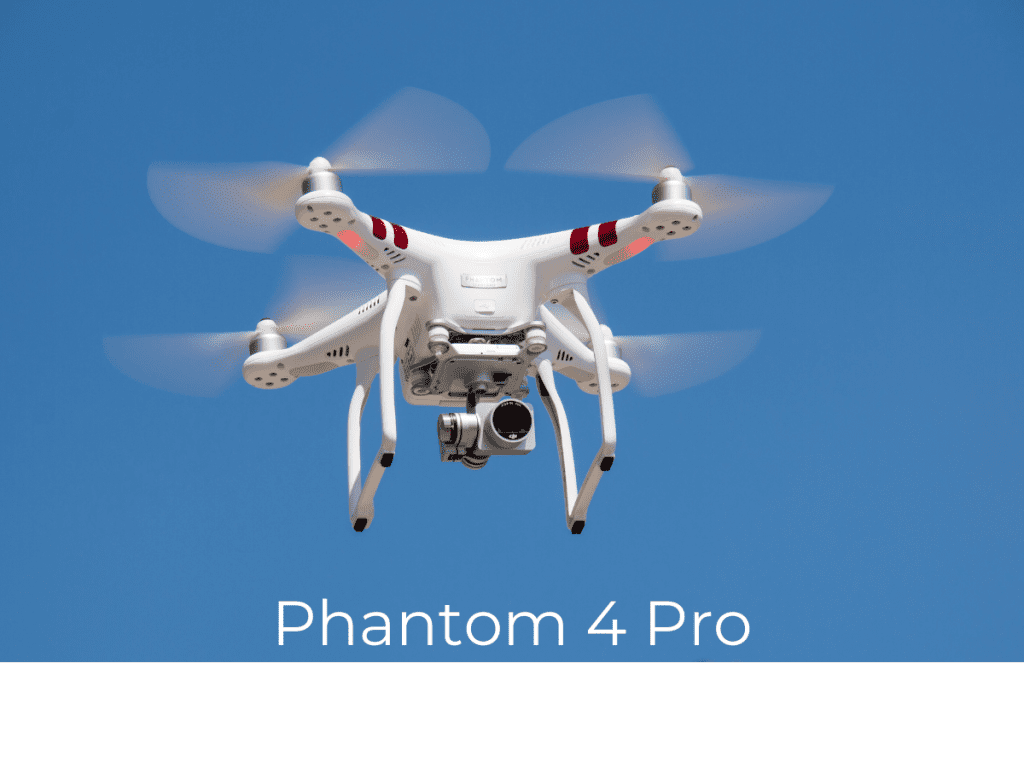

I invested in the DJI replacement warranty for $169 per drone plus some accessories like a backpack for the Phantom, ND filters and propeller guards (for indoor flights) for the Air2S, and a few other items.
You can check out my reference page which has all the stuff I purchased. There are some affiliate links so I may get some money if you buy something. But everything there is stuff I’ve bought, used, and recommend after extensive research. Maybe I can save you some time.
So, if you’re feeling entrepreneurial and want to get into the drone service business, it’s not as tough as you might think. However, there are a few things you need to do in order to make your drone business ideas a success. Here’s Part-2 of the blog, “How To Start A Drone Business (Part 2)”
These were the things I did to start my drone business. I’m still building my customer base and developing products. Stay tuned for Part 2. Fly Safe. Don’t Crash.
Lightwave Aerial is a professional drone service company based in Northern Virginia. Our pilots are all FAA Part-107 certified. We offer a full range of aerial photo/video production services, aerial mapping, and aerial inspection.
At Lightwave Aerial, we are dedicated to providing professional drone services that help our clients achieve their goals. Contact us today to find out more about how we can help you with your next construction project!

